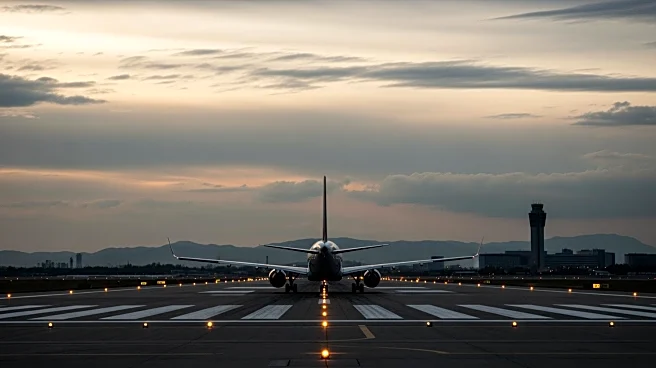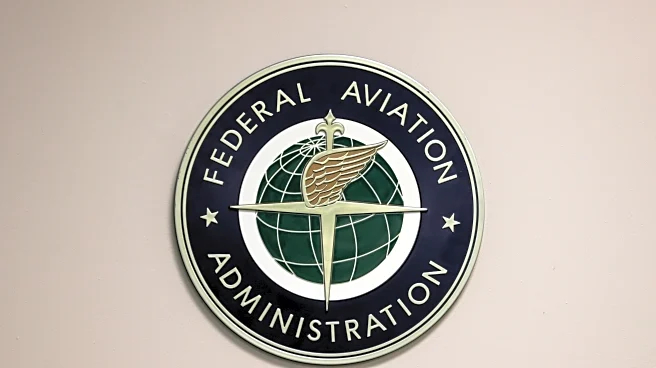Rapid Read • 8 min read
Four Hong Kong Airlines passenger flights successfully landed at Hong Kong airport on Sunday despite the highest typhoon signal being in force due to Typhoon Wipha. The flights, originating from Chongqing, Tokyo, Beijing, and Denpasar, managed to touch down between 2.25pm and 4.04pm. Experts have noted that such landings are feasible under specific wind and operational conditions. The average maximum sustained wind speed near the typhoon's center was approximately 140 km/h (87 mph) at the time. These were the only flights to land during the seven-hour period when the No 10 warning was active, with around 500 flights canceled due to the typhoon. Steven Dominique Cheung, chairman of the Hong Kong Professional Airline Pilots Association, explained that pilots consider factors like wind direction, wind speed, and crosswind limits, rather than the typhoon signal itself, to determine safe landing conditions.
AD
The successful landing of these flights highlights the capabilities and decision-making processes of airline pilots in extreme weather conditions. It underscores the importance of understanding aviation safety protocols and the factors that allow for safe operations even during severe weather events. This incident may influence future aviation policies and practices regarding flight operations during typhoons, potentially affecting how airlines manage schedules and safety measures. The ability to land safely in such conditions can have significant implications for passenger confidence and the operational resilience of airlines in regions prone to typhoons.
As Typhoon Wipha continues to impact the region, airlines and aviation authorities may review and adjust their protocols for handling flights during severe weather conditions. This could involve reassessing crosswind limits and other safety measures to ensure passenger and crew safety. Additionally, airlines might explore technological advancements or training programs to better equip pilots for similar situations in the future. The incident may also prompt discussions among aviation stakeholders about improving communication and coordination during weather emergencies.
The event raises questions about the ethical responsibilities of airlines in prioritizing safety over operational demands. It also highlights the cultural resilience of Hong Kong's aviation industry in maintaining service continuity amidst natural challenges. Long-term, this could lead to shifts in how airlines globally approach flight operations during extreme weather, potentially influencing international aviation standards and practices.
AD
More Stories You Might Enjoy













